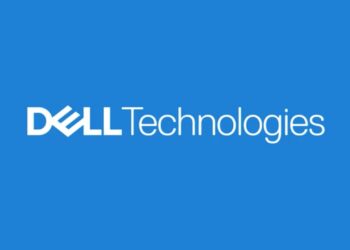Cognizant, a major tech company, has announced plan to improve the use of smart AI in businesses by hiring 1,000 specialized engineers over the next year. This effort is a significant step in a new area context engineering, which helps AI systems understand and act in ways that match a company’s goals.
To support this initiative, Cognizant is working with Workfabric AI, a company that creates tools for AI in businesses. The 1,000 Context Engineers will use Workfabric AI’s platform ContextFabric™. This platform helps companies organize their information on how teams work, including their tasks, data, rules, and processes.
“Every new technology brings new services,” said Ravi Kumar S, CEO of Cognizant. “In the past, technology changes were about coding and moving to the cloud. Now, with AI, the focus is on context. Our experience in different fields helps us create great value. By training these engineers and using the ContextFabric platform, we are helping our clients move from trying out AI to actually using it at a larger scale.”
Cognizant explains context as all the knowledge a company has, like how it operates, roles, goals, and rules. Understanding context helps teams work together more efficiently and make better decisions based on data. Most importantly, it includes lessons learned from past decisions, helping everyone adapt and improve continuously.
The new field of context engineering focuses on providing the right context to AI, ensuring they can make good decisions, meet human needs, and adjust to real-world challenges.
With context engineering, AI can help build trust, maintain company standards, and support business goals effectively. The skills needed for context engineering mix different types of knowledge and will be developed through special training by Cognizant.
“Cognizant’s focus on this new area, starting with 1,000 context engineers, shows where the service industry is going,” said Rohan N. Murty, CEO of Workfabric AI. “ContextFabric will help make this vision real, allowing engineers to provide reliable outcomes. In real business situations, the platform has shown benefits like three times better accuracy, 70% fewer mistakes, quicker setup times, and higher returns on investment, depending on how it’s used. Together, we are building the basis for the future of contextual computing.”
Also Read: Why Even One Unpatched Device Can Be a Catastrophic Risk for Startups and SMBs



















